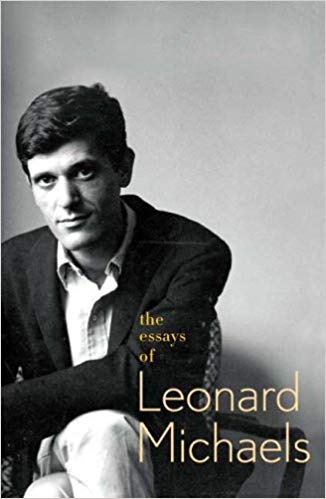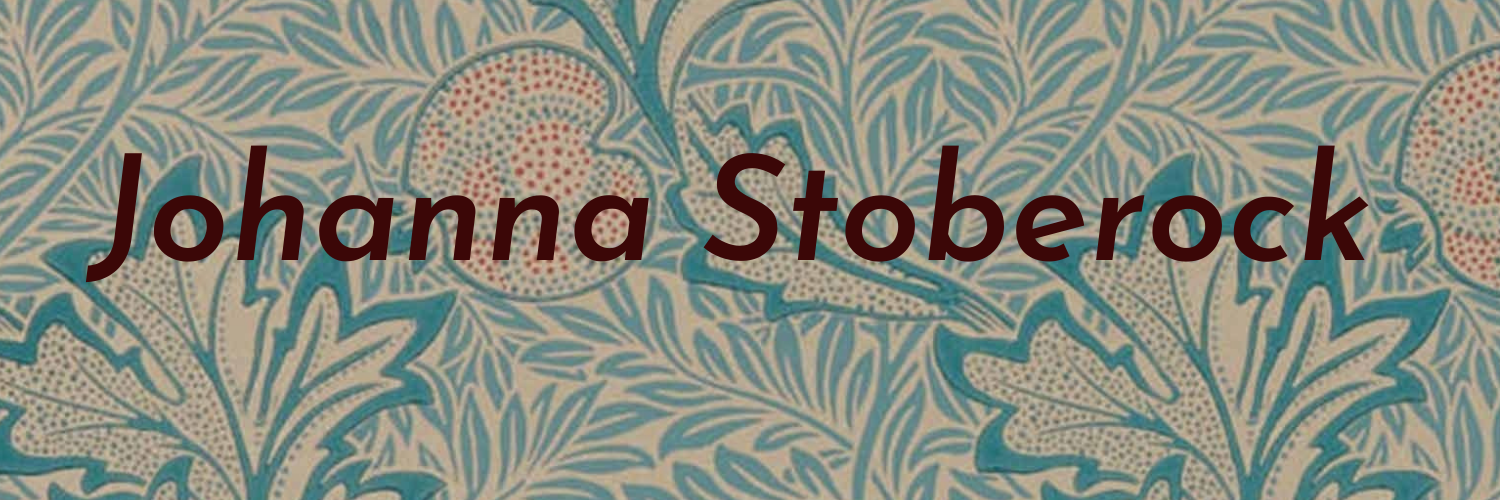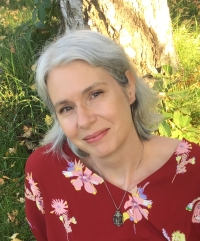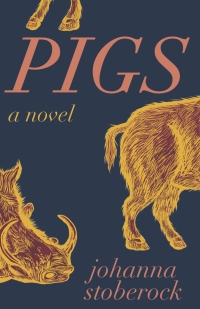Living Restlessly Inside a Father's Love
One of the great gifts of the past five years is a book I was given by someone I think of as my reading mentor. I feel unbelievably fortunate to have a mentor in this regard. He’s been recommending books to me since I was fifteen, and still, in middle age, there is no one I would rather turn to when asking what to read next than him. The book? The Essays of Leonard Michaels. 
Voice isn’t the thing for every writer. But it is for me, and it is for Michaels. Over and over he writes sentences that are marked by rhythms so distinct they couldn’t belong to anyone else. In “Writing About Myself,” he says, “You virtually write your name, as it were, before you literally sign your name, every time you write.” For him, this is particularly true. Some hallmarks of his voice? The giving away of agency to the outside world (“Nothing forgives me,” “Blackness gobbled piano”); the emphasis on motion; the way his written voice catches and amplifies the spoken word.
There isn’t an essay in the collection that doesn’t sing. “The Abandoned House,” an account of Michaels, with two college friends, ransacking a house not lived in for years, the world suddenly animate, reaching out and telling them to leave, is perfect. It’s five pages long, and when I’ve taught it, my students and I have found there’s more in those five pages to talk about than an hour and twenty minute class allows. “What’s a Story?,” which moves from Picasso to Mother Goose to St. Augustine to O’Connor to Kafka to Michaels’ aunt, Molly, both riffs on and demonstrates the way metaphor enacts transformation.
But it’s “My Father” that I want to call particular attention to. It’s a short essay, not quite as short as “The Abandoned House,” but pretty close. It’s full of lines that echo in your head for years. It’s full of anxiety and shame and love and mourning and a child left forever inadequate in the wake of his father’s generosity. It ends with these two perfect sentences: “He gave. I took.” Is there anything more to say about the unfathomably complicated ways in which parents love children and children live, restlessly, inside that love?
I’d love to hear your thoughts on "My Father" on my Facebook page.


